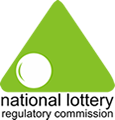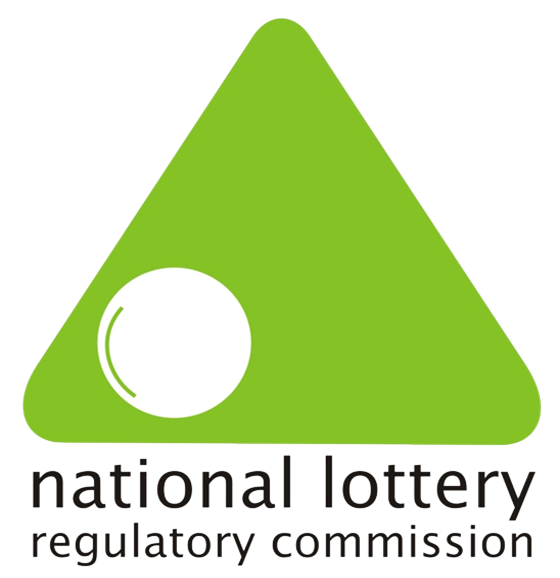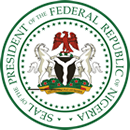
26 Apr UPHOLDING WORKPLACE ETTIQUETTE IN THE OFFICE
UPHOLDING WORKPLACE ETTIQUETTE IN THE OFFICE
By Garos Gyang
Whether you are just starting your service as a government worker or you have many years of service under your belt, how you present yourself in the workplace matters.
Setting a professional tone is crucial to building new relationships and ensuring you have a positive and successful experience at work.
Good Interpersonal Relations: Within seconds of meeting you, people often have impressions about you, so it is important that you present yourself as a professional.
Be aware of your body language, stand straight, maintain eye contact, and smile when speaking. When you communicate, it is not just about what you say but how you say it that counts, so be mindful of how you communicate/ interact with your supervisors, peers, and subordinates in meetings and one-on-one conversations.
How you treat people says a lot about you so avoid gossip, don’t make value judgments on people’s importance in the workplace or speak negatively about your coworkers.
Dress Code: It is very important to know what the dress code and policies of the workplace is when you get employed. The dress code is what the organization considers appropriate work attire.
In NLRC the business formal attire is what is approved. This refers to a smart dress code with clothes that are pressed and neat. For men, this would include a dark suit and tie, kaftans and for women a dark pantsuit or skirt suit, or ankara with minimal accessories. This is necessary in an office environment where presenting a professional, business-like image is important.
Attitude to Work: The performance of any workplace is highly influenced by the attitude of the team. Staff who have a positive attitude towards work have the tendency of taking more interest in everything they do and how they deliver it. They naturally think about their work and strive to give their best, as a result, they end up producing good quality work with limited flaws.
Staff with a positive attitude to work are punctual to work and dedicated to executing their duties to the best of their abilities. Increased motivation helps workers easily overcome any obstacles they encounter in the course of executing their duties.
Professionalism: The values, policies, and procedures of a workplace can be difficult to discern at first, so HR training and in-house trainings are important to keep you informed of our organization’s expectations. upholding the oath of secrecy, keeping classified documents classified, non-disclosure of secret files, and many more are all part of being a professional at work.
Be personable yet professional, and limit personal calls, emails, and other non-work-related tasks to after-hours. Getting to know your colleagues is a good thing but always respect others’ personal space. Sharing information about your personal life is your choice but some colleagues may be more open than others and may choose to keep their personal life private as well.


